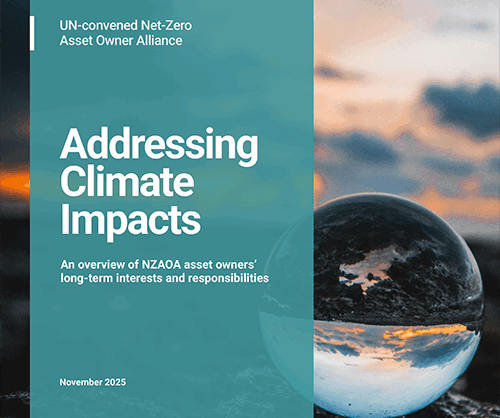Managing climate risk is essential for generating dependable, long-term returns, placing it firmly within the purview of fiduciaries acting on behalf of their clients. Climate change presents system-level risks that cannot be diversified away, threatening the stability of entire financial markets. However, this challenge also creates significant opportunities.The global transition to a low-carbon economy drives immense investment needs in technological and economy-wide innovations, opening doors for forward-thinking investors.
Pursuing net-zero aligned portfolios by 2050 is a prudent strategy for risk and opportunity management. This approach, consistent with scientific consensus, helps shield investments from the worst impacts of climate change while capitalizing on emerging sustainable markets. To be effective, climate considerations must be integrated at the executive level, woven into firm-wide strategies and functions. Asset managers, as strategic partners, must align with their clients’ long-term interests and advocate for them across all organizational activities.
Beyond portfolio management, meaningful change requires broader stakeholder engagement. Asset owners and managers can support effective climate policies and reduce uncertainty by collaborating with governments and regulators. Innovative mechanisms like blended finance are crucial for mobilizing private capital, channelling it toward emerging clean technologies, and developing markets to accelerate the transition to a sustainable global economy.

